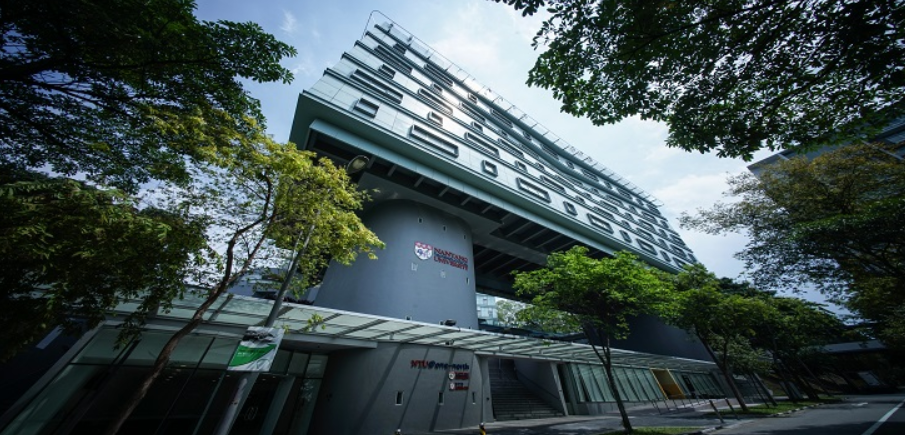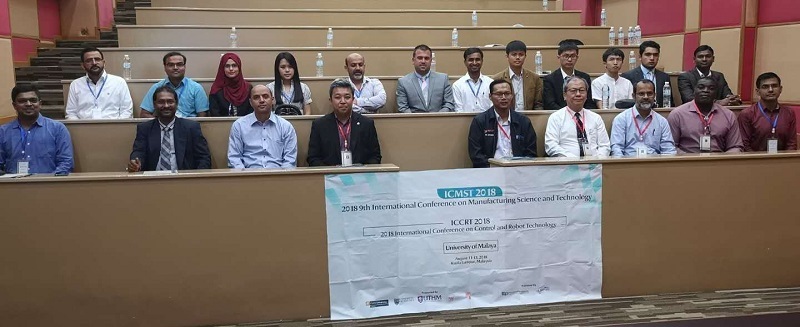Visa / Invitation Letter
About Japan Visa Application
Any foreign visitor who wishes to enter Japan must have a
passport, which will remain valid during the period of stay.
In order to enter Japan, visitors usually must comply with
the conditions of their visas and authorizations of resident
eligibility. However, visa exemptions can be made for
citizens of sixty-six different countries provided that
their stays are within ninety days such as with stays for
sightseeing purposes and that they do not engage in
activities where they earn compensation. This page provides
information on short stays. Revisions in visa conditions are
made periodically. Therefore, please check the “Visa”
section in the Ministry of Foreign Affairs of Japan website
if the latest and detailed information on standard visas or
visas other than for those for short stay programs is
needed.
Ministry of Foreign Affairs:
http://www.mofa.go.jp/j_info/visit/visa/index.html
On Short Stays – Countries and regions that do not require
visas
The following is a list of nationals of countries that have
“Reciprocal Visa Exemption Arrangements” with Japan:
For a period of 90 days or less
Andorra, Argentina, Australia, Austria(*7), Bahamas,
Barbados(*6), Belgium, Bulgaria, Canada, Chile, Costa Rica,
Croatia, Cyprus, Czech Republic, Denmark, Dominican
Republic, El Salvador, Estonia, Finland, Former Yugoslav
Republic of Macedonia, France, Germany(*7), Greece,
Guatemala, Honduras, Hong Kong(*3), Hungary, Iceland,
Ireland(*7), Israel, Italy, Latvia, Lesotho(*6),
Liechtenstein(*7), Lithuania, Luxembourg, Macao(*4),
Malaysia(*1), Malta, Mauritius, Mexico, Monaco, Netherlands,
New Zealand, Norway, Poland, Portugal, Republic of Korea,
Romania, San Marino, Serbia(*2), Singapore, Slovakia,
Slovenia, Spain, Surinam, Sweden, Switzerland(*7),
Taiwan(*5), Tunisia, Turkey(*6), United Kingdom(*7), United
States and Uruguay
For a period of 15 days or less
Thailand(*2) and Brunei
(*1) For nationals of Malaysia (since July 1, 2013), visas
are not required only for holders of ePassport in compliance
with ICAO standards. Those who do not hold such ePassport
are advised to obtain a visa in advance, otherwise will be
strictly examined and may be refused entry to Japan.
(*2) For nationals of Thailand (since July 1, 2013) and
Serbia (since May 1, 2013), visas are not required only for
holders of ePassport in compliance with ICAO (International
Civil Aviation Organization) standards.
(*3) For citizens of Hong Kong, visas are not required only
for holders of Special Administrative Region (SAR) passport
issued by the Hong Kong SAR of the People’s Republic of
China or British National Overseas (BNO) passports who have
the right of residence in Hong Kong.
(*4) For citizens of Macao, visas are not required only for
holders of SAR passport issued by the Macao SAR of the
People’s Republic of China.
(*5) For citizens of Taiwan, visas are not required only for
holders of Taiwan passport which includes a personal
identification number.
(*6) For nationals of Barbados (since April 1, 2010), Turkey
(since April 1, 2011) and Lesotho (since April 1, 2010),
visas are not required only for holders of Machine-Readable
Passport (MRP) or ePassport in compliance with ICAO
standards. Those who do not hold an MRP or ePassport are
advised to obtain a visa in advance, otherwise will be
strictly examined and may be refused entry to Japan.
(*7) For nationals of those countries with visa exemptions
permitting stays of up to 6 months under the bilateral visa
exemption arrangements, those who wish to stay in Japan for
more than 90 days are required to apply for an extension of
the period of stay to the Ministry of Justice (Regional
Immigration Bureau) before the period of permitted stay is
to expire.
(*8) Nationals of Peru (since July 15, 1995) and Colombia
(since February 1, 2004), are advised to obtain a visa in
advance, otherwise will be strictly examined and may be
refused entry to Japan.
A “Temporary Visitor’s Visa” is usually required as
permission to stay in Japan for a period of up to 90 days
for non-remunerative activities such as sightseeing,
participating in amateur sports, visiting relatives, taking
inspection tours, participating in lectures or research,
attending conferences, making business contacts or other
similar activities.
Needless to say, the “Temporary Visitor’s Visa” cannot be
used for any remunerative purposes, which involve profit
making or payment acceptance within Japan by the visitor.
Countries that require visas
Nationals of countries that do not have “Reciprocal Visa
Exemption Arrangements” with Japan must obtain a visa.
Please see the information below if you are a visitor from a
country that does not fall under the sixty-six countries
with the visa exemption programs above.
China
http://www.mofa.go.jp/j_info/visit/visa/topics/china.html
Russia, CIS countries, or Georgia:
http://www.mofa.go.jp/j_info/visit/visa/short/russia_nis.html
Philippines:
http://www.mofa.go.jp/j_info/visit/visa/short/philippine.html
Other nationalities (if a visa is necessary)
http://www.mofa.go.jp/j_info/visit/visa/short/other_visa.html
To apply for a visa, please check the following link:
External:
http://www.mofa.go.jp/j_info/visit/visa/short/pdfs/procedure.pdf
As the type of documents required for the application may
differ according to the purpose of your visit, the applicant
is advised to check with the Japanese Embassy or consulate
beforehand.
INVITATION LETTER
-
A Letter of Invitation (from our organization) is a proof that your paper submission and registration application are accepted by the conference committee board. It will be stated in English and may help with your visa application. However, it does not guarantee you a visa.
-
Invitation letters will only be issued once your registration and payment have been completed and it will be sent by e-mail.
-
For those who require a visa, please note that the Organizing Committee has no control over the visa application process, or the decision of the visa adjudicator in the embassy or consulate. The conference cannot be responsible for actual visa issuances. The process length varies from individuals, you are strongly advised to start your application as soon as you can.
-
Should your application be denied, we cannot change the decision of the Ministry of Foreign Affairs, nor will we engage in discussion or correspondence with the MOFA or the Embassy on behalf of the applicant.


